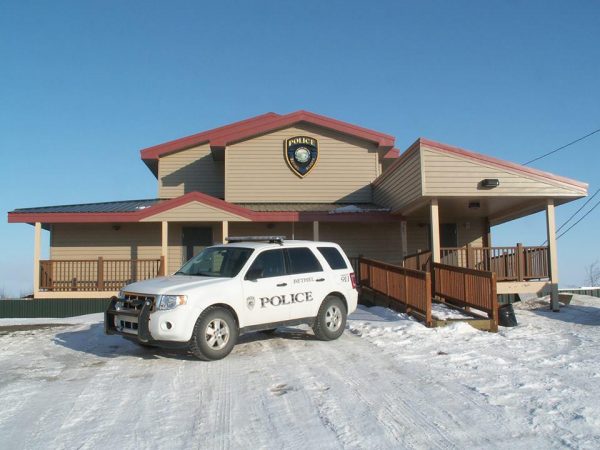
With Bethel voting to enter local option alcohol regulation, bootlegging becomes a felony. Often, the crime has been at the center of local option debates. If liquor stores go away, will bootleggers just step in to fill the void?
Around town, people often say that they know who the bootleggers are, so police must know too. Why don’t they do anything about it?
“It takes a little more than just knowing something. We actually need to prove that it’s taking place,” said Acting Police Chief Amy Davis. “I mean, we have to know that they’re selling alcohol, so in a sense yes, we’d have to catch them red-handed.”
Davis says that there are three ways Bethel police can make an arrest for bootlegging. One is that they confront a potential bootlegger and the person confesses to the crime.
“Most people don’t do that, I can tell you that,” Davis said.
Another way is to collect statements from people who have witnessed the bootlegging. But the last, and best, way is if someone volunteers to help police.
“We could have them do a sting, maybe buy the alcohol, or we could even do a recorded phone call,” Davis said. “That’s the most effective way.”
Davis said that if there were more volunteers to help catch bootleggers red-handed, police would be able to enforce bootlegging better. Bootlegging going from a misdemeanor to a felony under local option will likely not affect enforcement.
“Whether it’s a misdemeanor or a felony, I don’t think it’s going to make a difference in how we treat reports,” Davis said.
Alaska State Troopers also reported that they would not change their staffing following the local option vote. Davis does think that the felony charge for bootlegging will change things outside of police enforcement.
“Now where you might see a difference is in the punishment of it. It might be a little bit more of a deterrent because people don’t want felonies on their record,” Davis said.
Felony charges for bootlegging, along with the rest of local option, will take effect on Jan. 6 with the coming of the new year.




